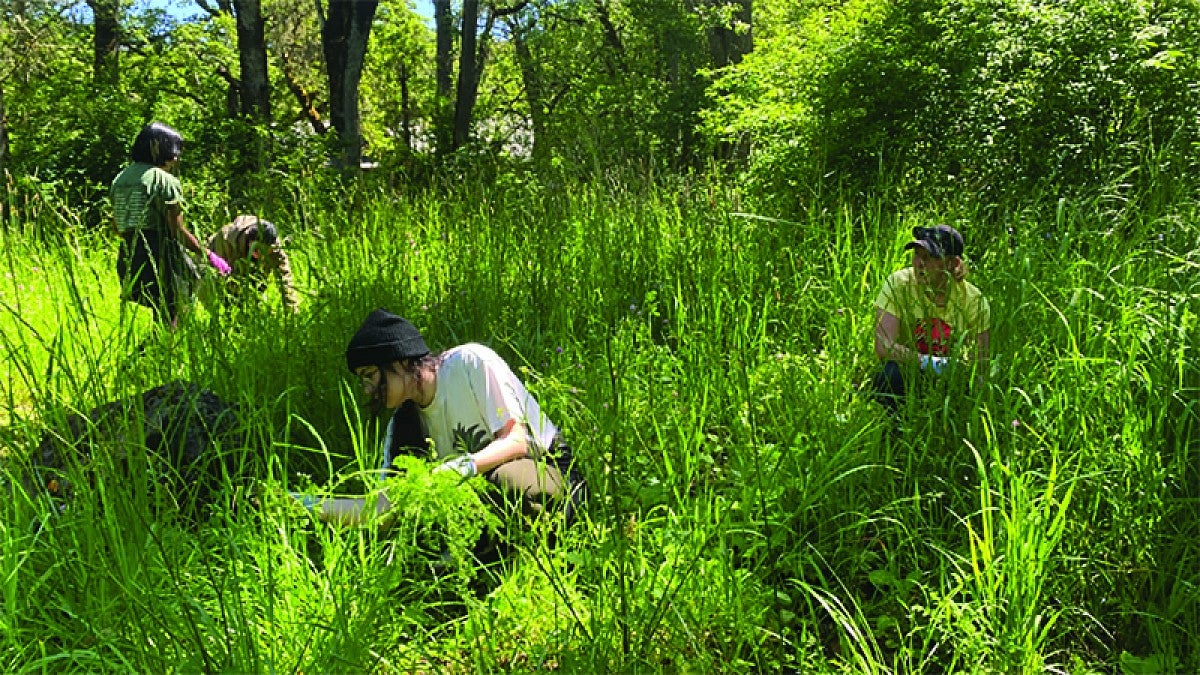Global Education Oregon and the Office of Sustainability have launched a pilot program that will give students studying abroad the option to offset a portion of the carbon emissions associated with their flights abroad.
In its pilot stage now, the program was offered to students taking part in select faculty-led study abroad programs this summer. Each student was given five options to offset the carbon footprint from their flights abroad: pay a flat fee to make the flight carbon neutral, volunteer with an environmental organization, pay the flat fee and volunteer, make a monetary donation to a climate activism organization, or not to participate.
Of the 182 students presented with the opportunity, more than 70 percent chose to participate. The preferred choice was paying a flat fee, which ranged between $15 to $30 depending on how far they had to travel, with volunteering locally a close second.
The aviation industry makes up 2.1 percent of global carbon dioxide emissions. The practice of offsetting, reducing greenhouse gases in one area to compensate for emissions elsewhere, is seen as one way to reduce the effects of climate change.
Zoey Bailey, a junior studying abroad this summer as part of the Neotropical Ecology in Ecuador program, was happy to learn about the option to partcipiate in the soffset program.
“I was very excited to see that the university was prioritizing making a carbon offset program and recognizing the effects of study abroad programs on the climate,” Bailey said.
Students were given the option to independently volunteer with Food for Lane County, a nonprofit food bank that reduces hunger in the community, or join the GEO Sustainable volunteer day at Mount Pisgah Arboretum, a nonprofit nature preserve.
“I chose to volunteer because paying the flat fee felt less rewarding and meaningful,” said Sally Campbell, a junior who will participate in Instagramming Paris: Media Unfiltered this summer. “And I felt like I had a responsibility to give back to the environment, so I’m volunteering.”
At the volunteer day on May 21, students helped improve carbon sequestration in native habitats by adding new mulch to pathways and removing weeds from wildflower gardens. Maintaining such ecosystems improves plants’ ability to remove carbon dioxide from the atmosphere and store it for long periods of time.
Student participation in the pilot program is just one way Global Education Oregon is adopting practices to make study abroad more sustainable and have a positive impact on the environment, economy and equitable engagement abroad.
As part of the pilot program, faculty members who will lead the select study abroad programs this summer will participate in a workshop on integrating sustainability into curriculums and having conversations with students about travel. The goal is to expand the program in the future.
—By Kaitlyn Jimenez, University Communications


